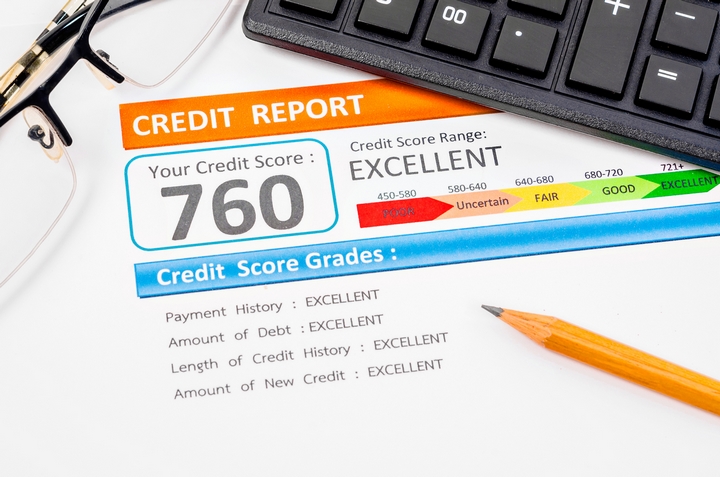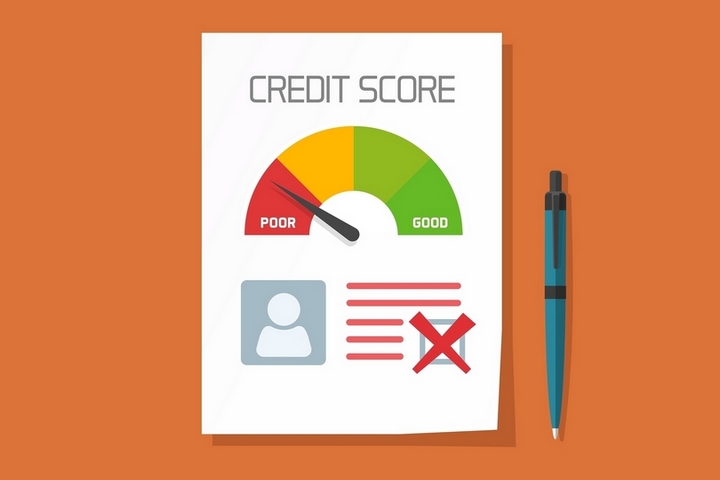
As frustrating as it can be at times, your credit score and report is a big factor that lenders consider before they extend loans such as mortgages. Other things are factored into a lender’s risk analysis of their applicants, like employment, but at the end of the day, a credit score says a lot to lenders about how the applicant handles debt.
Fortunately, there are many things you can do to improve your credit so long as you’re dedicated and patient. The great thing about poor credit is that it doesn’t last forever. Below is a list of five ways you can improve your credit score to get approved for a mortgage or any other loan.
1. Dispute Errors

In Canada, there are two credit bureaux, Equifax and TransUnion. As a Canadian, you’re entitled to a free report from both credit bureaux every 12 months. There are sometimes errors in credit reports, obtain your free copy and review it for inaccuracies.
If you find an error or inaccuracy in your credit report, dispute it with the appropriate credit bureau. Once these issues are fixed, your credit score will get a little boost. Whenever you’re applying for a loan, be sure to check your credit report before the potential lender sees it.
2. Pay Down Balances

Lenders like to see low outstanding balances on your existing debt, including credit cards and lines of credit. This concept involves utilization rates which is the percentage of your credit that you’re currently using. The lower your utilization rates, the better you are as a candidate for a loan because you’re credit score will be higher.
If you have any maxed out credit, pay down what you can to give your credit score a boost. It’s important to note that you shouldn’t cancel any accounts, simply pay them down, because cancelling accounts will result in high utilization rates. Aim for a utilization rate of 30%, this means if you have a credit card with a $1,000 limit, you should only have a $300 balance on it.
3. Increase Credit Limits

If you’re having trouble keeping your balances low enough to meet the 30% utilization rate, consider increasing your credit limit instead. Note that for this to be successful, your spending has to stay the same otherwise you’ll defeat the purpose of increasing your limit and risk over spending.
4. Set Payment Reminders

Creditors like to see that applicants have made their payments in full and on time, all of which is shown on your credit report. Once you’ve caught up on payments, set payment reminders so that you don’t get behind again in the future. Another option is to set up pre-authorized payments where you can.
5. Authorized User

If you have a friend or family member with exceptional credit, ask them if you can become an authorized user on one of their accounts. Their account will show up on your report and your score will increase, regardless of how little or how much you’re actually involved with their account.
6. Negotiate Outstanding Balances

If you have debt that has been sent to collections, your credit report has likely taken a hit. The good news is that through negotiation with the creditor, you could snag a deal to pay them an agreed upon amount in exchange for the creditor marking the account as closed and settled in full. Generally, creditors want to get some sort of payment, even if it’s partial, instead of nothing.
As an additional tip, be sure to get the agreed upon price in writing from the creditor to protect yourself. If you don’t have ample cash for negotiations or are having trouble with handling your debt at all, it may be wise to seek professional help.












